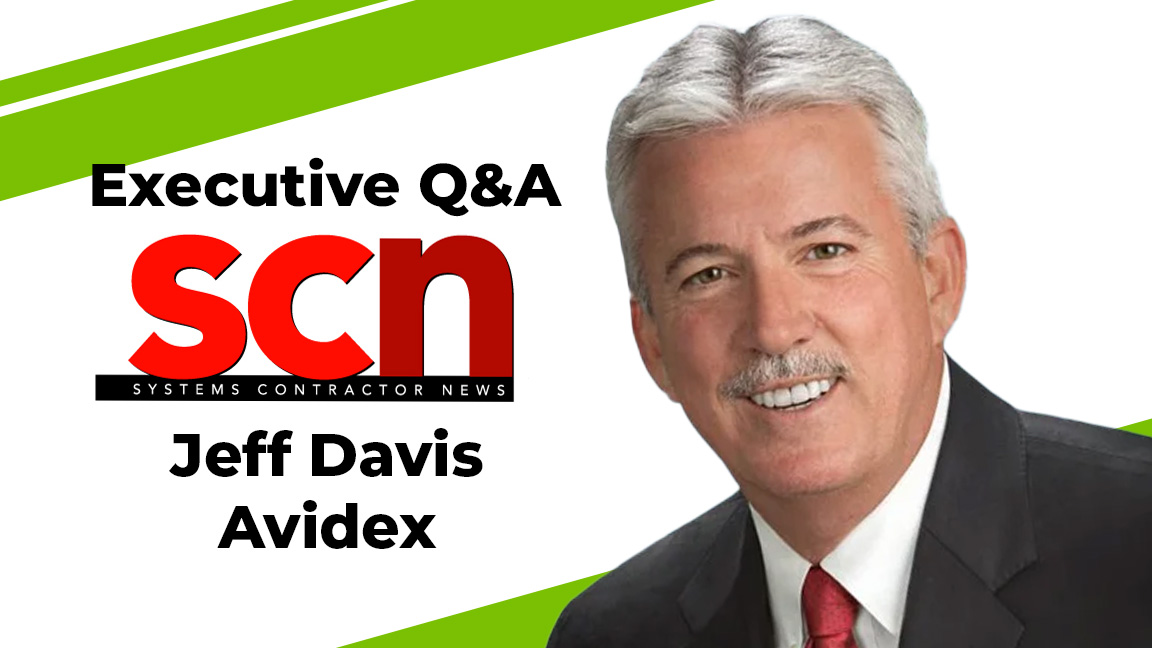The Waiting Is the Hardest Part: Your Sales Cycle and You!
A daily selection of features, industry news, and analysis for AV/IT professionals. Sign up below.
You are now subscribed
Your newsletter sign-up was successful
By Jimi Gonzalez
Everything takes longer than you think. I’ve found this to be true for almost everything in life, but in recent years it certainly applies to the sales cycle for a Commercial Systems Integrator. The moment you hear about a project to when you sign the contract may feel like a lifetime, and there's a good chance it will actually BE the lifetime of a small mouse or hamster.
I use a Customer Relationship Management (CRM) System to track our Sales Leads and Opportunities. If I simply hear about a project that may be happening, I track it as a Lead. If there’s something I know that I will have a chance to bid on, I track it as an Opportunity. As part of creating an Opportunity, I select a “Close Date”, the date I believe that I will learn I have won or lost the sale. This is where I am wrong almost all of the time, largely due to the eternally optimistic voice inside my head saying crazy things like:
• "That was a great meeting, this should go pretty quickly…"
• "They said it was fast-tracked and needed to be done by (fill in the blank) Holiday..."
• "I am sure the budget is already approved..."
So, I usually set my Close Date for about 3 months from the current date and then, approximately 3 months later, I am changing it. I will usually push the Close Date back another 3 months, or a month if I'm listening to that optimistic voice again. The point is that it always takes longer than you think, and you need to be prepared, both mentally and with a large sales pipeline.
Using CRM, I can track the average number of days that all of the Opportunities in my Sales Pipeline have been open. Even though I am constantly opening and closing Opportunities, the average generally stays about the same, but that's because I am looking at a pretty diversified list of customers and projects. A further analysis shows that not all opportunities stay open for the same amount of time. Your market and customers may be totally different, but I’ve found that certain factors impact the amount of time it takes to close a sale:
Value - The bigger they are, the harder they fall. Increased competition, increased scope and probably the need for more than one signer on the deposit check are all reasons why it takes longer to close high dollar projects.
A daily selection of the top stories for AV integrators, resellers and consultants. Sign up below.
Industry – The industry you are selling to will often dictate the sales process and it will affect the length of the sales cycle. I've seen House of Worship projects take multiple years to close but Corporate boardrooms can happen in less than a week.
Type of Project – Bidding as a second tier subcontractor on a new construction project will take longer to close than a retrofit where you are delivering a proposal directly to the owner.
Stay patient. Decisions will be made and one of three outcomes is almost guaranteed; the project will be awarded to you, a competitor, or it will be cancelled. Even if it gets re-designed and value-engineered 1,000 times, eventually someone will win it or it will never happen.
Of course, once you determine how long it takes you to close an Opportunity, you’ll have the data to determine how often you win or lose. I plan to write a blog about that later, but I’m waiting for a few more sales to close in order to provide a full data analysis.
The AVNetwork staff are storytellers focused on the professional audiovisual and technology industry. Their mission is to keep readers up-to-date on the latest AV/IT industry and product news, emerging trends, and inspiring installations.
